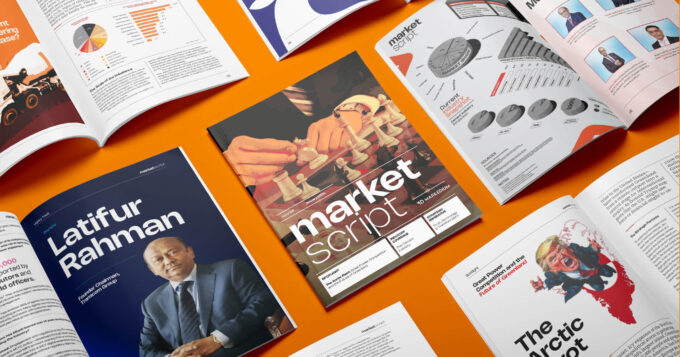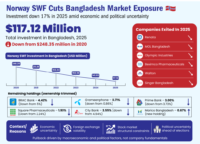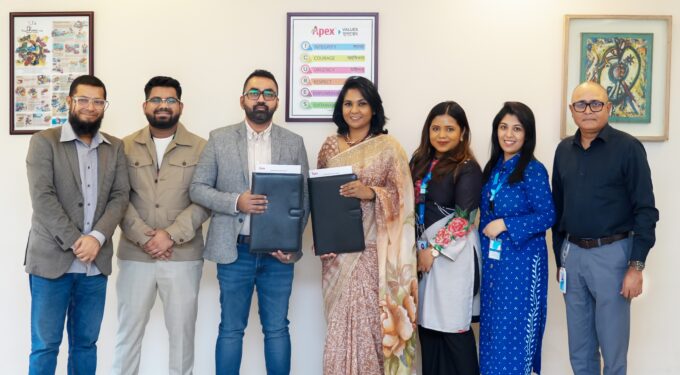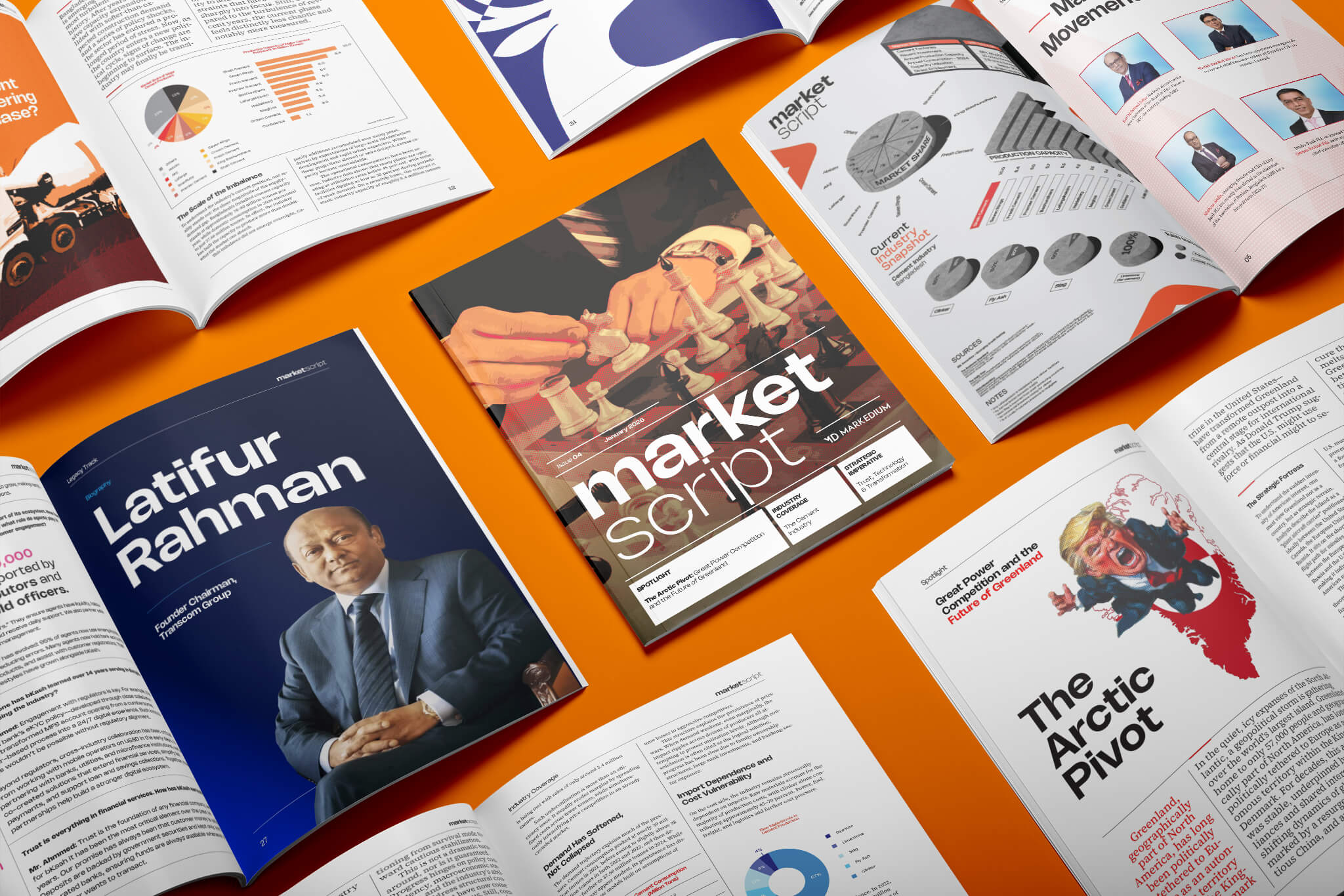In an era where the integrity of the food supply chain is paramount, Farmers Market Asia (FMA) has emerged as a pivotal player in addressing traceability issues. Originating from Bangladesh, FMA’s strategic shift to a global focus illustrates how tackling global problems can effectively resolve local challenges.
A Vision Born in Bangladesh
Farmers Market Asia began with a mission to revolutionize Bangladesh’s agricultural sector, which employs around 45% of the workforce and contributes about 11.20% to the GDP. The company initially focused on empowering local farmers with advanced agri-tech solutions to enhance productivity and sustainability.
“Our goal was to enhance the quality and safety of agricultural products while ensuring transparency across the supply chain,” says Abdullah Bakr, Co-founder & CEO of FMA. “However, we faced unique challenges: Why adopt agri-tech if the market doesn’t demand safer, compliant food production?”
The Strategic Pivot: Going Global
Realizing that systemic issues like market readiness, transparency, and supply chain inefficiencies were hindering their mission, FMA adopted a top-down strategy. “By addressing the global trading traceability problem, we can create a significant impact that would benefit the local cause, by generating more demand for agro-traceability,” explains Tariqul Islam, Founder & Managing Director of FMA.
Initially, FMA enhanced trading traceability in international markets by connecting suppliers and buyers, ensuring transparency. This approach provided comprehensive market insights and facilitated better decision-making for traders worldwide. With the global agricultural trading market valued at almost $5 trillion, FMA’s solutions were positioned for vast opportunities. Trading traceability is now at the heart of FMA’s value chain.
Addressing Financial Inclusion
To achieve strategic alignment, the company tackled one of the main issues from a trader’s point of view: access to finance. While investors sought impact investments, they needed traceable opportunities. FMA bridged this gap, facilitating financial inclusion for both buyers and sellers. Buyers could now purchase more compliant goods, and sellers could prepare more supplies for better negotiation, while investors could earn up to a 36% halal return. Financial traceability is now one of the key focuses of the business for impactful inclusion.
Localized Solutions for Global Impact
As FMA expanded to countries like the UAE, Malaysia, KSA, Thailand, and Vietnam among other Asian markets, it customized its solutions to address specific local needs effectively. For example, despite having excellent access to natural resources, Thailand’s agricultural sector struggles to achieve desired growth levels due to inadequate planning, limited market access, and financial constraints.
Read more: Wael Sabra to Succeed Golam Mainuddin as Chairman of BAT Bangladesh
To address these issues, Farmers Market Asia has connected local producers with global buyers, assisted in business planning, and ensured access to finance. This enabled farmers and traders to purchase quality inputs and sell their products at better prices, thereby enhancing their competitiveness in the global market. Additionally, FMA secured favorable prices for raw materials and ensured strict compliance with local regulations.

This strategic, localized approach, grounded in a global vision, allowed FMA to establish reliable and ethical trading environments in each country it entered.
Commitment to Roots and Core Values
Despite its global expansion, FMA remains deeply connected to its roots. The company’s core values of transparency, ethical trading, and sustainability continue to guide its operations. This commitment has fostered trust and loyalty among its partners, reinforcing FMA’s reputation as a rising star in the global agri-trading industry.
Future Prospects
Looking ahead, Farmers Market Asia plans to leverage emerging technologies and data analytics to enhance its platform. With the global agri-tech market projected to reach $22.5 billion by 2025, the company aims to maintain ethical practices and transparency.
“We believe our global strategy will not only benefit our local operations but set new standards in the agri-trading industry,” says Tariqul.
FMA’s journey from a bootstrapped Bangladeshi business to a global agri-trading solution provider highlights the potential of aligning local initiatives with global opportunities. The company believes through the top-down strategy it will be able to implement farming traceability when the local markets are ready. Whether this strategy will pay off, in the long run, remains to be seen, but the potential for setting new standards in the agri-trading industry is significant. We can only hope for the best for this unique Bangladeshi global agri-startup.
For more updates, be with Markedium.










































Leave a comment